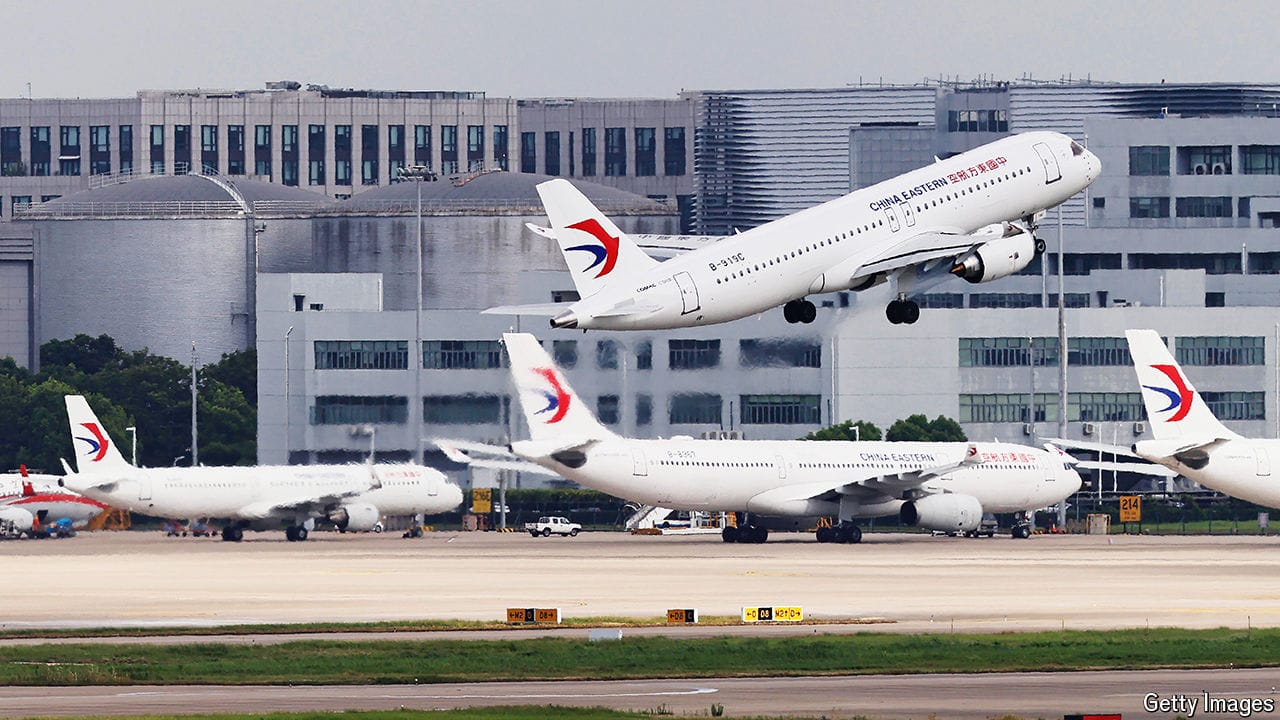The battle for the Middle Eastern arms market is heating up
Chinese, Russian and local companies want to conquer market share from Western defence giants

THE FLOW of foreign arms to the Arabian peninsula began in earnest 150 years ago. As European armies adopted modern breech-loading rifles, a stock of old-fashioned weapons was left surplus to requirements. Rivalries among Arab tribes created a ready-made market for ageing arms. A combination of the region’s chronic instability and oil riches has since continued to fuel weapons sales. Most of them still come from the West. Now the shifting sands of geopolitics have left an opening for others.
At the Dubai air show last November Viktor Kladov of Rostec, a state-run firm that handles exports from Russia’s defence companies, told The Economist that Russian weapons exports to the Middle East apparently hit an all-time high of $13.7bn in 2018. With a candour unusual in his industry, Mr Kladov put this down to Russia’s willingness to sell most things to most people. Europeans and Americans can indeed be queasy about sending some weaponry to places with mixed human-rights records. The war in Syria, Mr Kladov said, was a chance to “showcase” Russian arms. Chinese firms, similarly unconstrained, are also piling in. And Middle Eastern countries are keen to build their own defence industries. The battle for the world’s fastest-growing arms market may be about to heat up.
This article appeared in the Business section of the print edition under the headline “From muskets to missiles”
Business February 15th 2020
- The battle for the Middle Eastern arms market is heating up
- Burger King’s owner tries to regain its sizzle
- Admen have a clever new way to trick sports fans
- Elliott Management guns for SoftBank
- Youngsters’ job preferences and prospects are mismatched
- Chinese management schools are thriving
- American state capitalism will not beat China at 5G
More from Business

What are the threats to the $1trn artificial-intelligence boom?
A fast-growing supply chain is at risk of over-extending

LVMH is splurging on the Olympics
Will it pay off?

Can China smash the Airbus-Boeing duopoly?
It hopes to succeed where others have failed
Machines might not take your job. But they could make it worse
How robots and AI change the meaningfulness of work
Why is Mark Zuckerberg giving away Meta’s crown jewels?
Augustus Caesar goes on the open-source warpath
Donald Trump’s promise of a golden age for oil is fanciful
There is not much he could do to boost fossil fuels—or rein in clean energy
